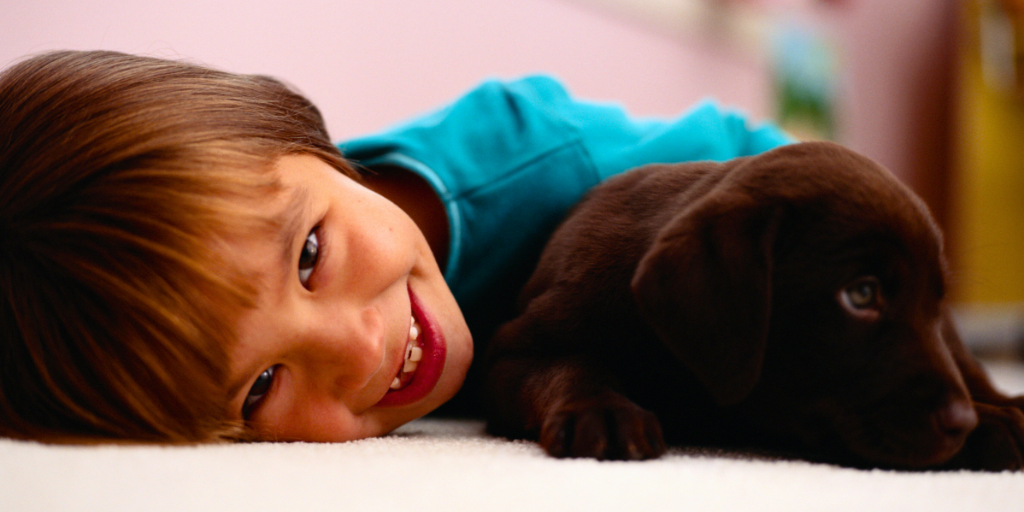
For Cassandra Spellman, getting a new puppy prompted many changes, especially a better understanding of what it means to love.
I hold it true, whate'er befall;
I feel it when I sorrow most;
'Tis better to have loved and lost
Than never to have loved at all.
(Alfred Lord Tennyson)
I come from a family who never owned a dog. My grandfather, the father of eleven children, always resisted requests to get a puppy. He told my mom and her siblings, “I don’t want to get a dog because one day the dog will die and the kids will all be brokenhearted.”
Maybe that’s one of the reasons my own parents never wanted a dog … along with the expense and work that comes along with dog ownership.
Those are the same reasons my husband and I resisted getting a dog for many years. Then this past spring, an old Pomeranian wandered into our garage. Our 4-year-old couldn’t stop talking about the dog, even after its owner claimed him. Our son’s exact words were: “That’s the very orange dog I’ve always wanted.”
My heart melted. I could so clearly see how much my children would love a dog, how despite the work and money and sacrifice, a dog would fill our family with joy.
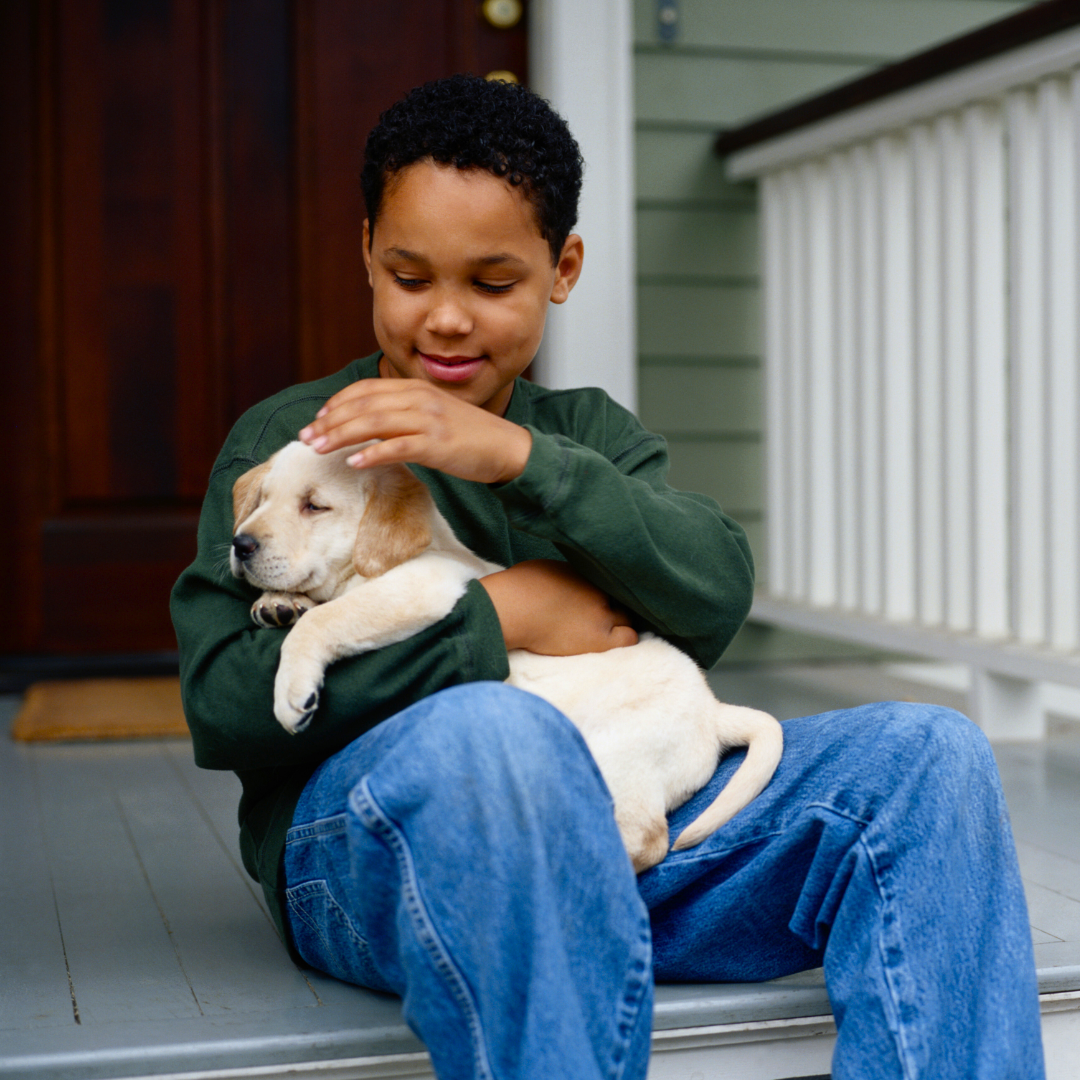
Fortuitously, my cousin’s husband—a dog breeder and trainer—had a litter at the same time: a litter of one, a rarity in English Labs. My cousin and her husband named the puppy Uno and, despite all my previous expectations, we said we would love to welcome Uno into our family.
The first week after Uno’s arrival felt like the first week home with a newborn. Since we were new to dog ownership, everything seemed daunting, from buckling Uno’s harness to figuring out what to do when he planted himself on the ground and refused to move! Yet we began to understand each other and as the days passed, a feeling of normalcy and friendship developed.
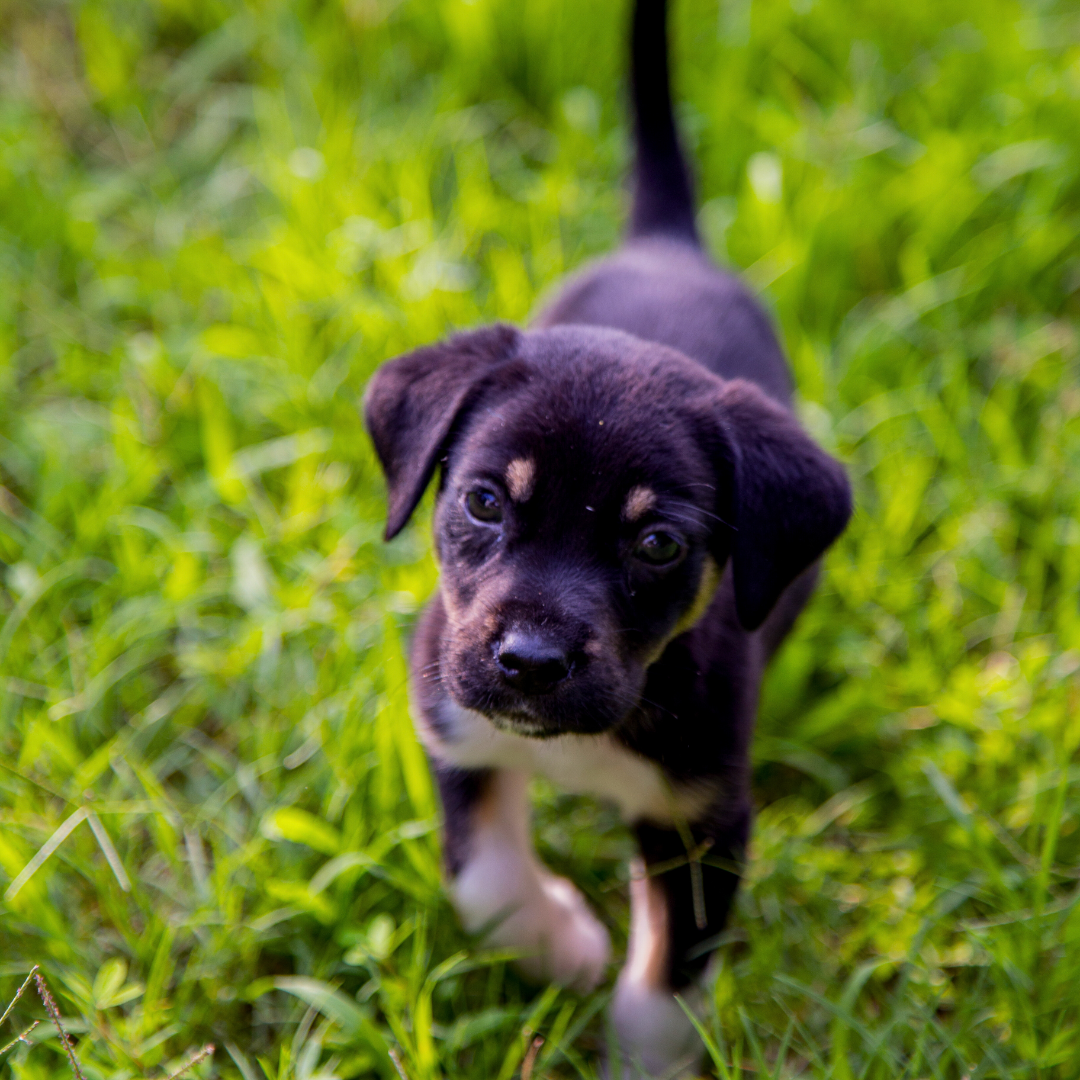
Then, eight days after Uno first arrived, he became unexpectedly, acutely sick: trembling, uncoordinated, vomiting, lethargic. We brought him to the animal hospital where he was quickly admitted. I had to drive home alone, his leash on the empty passenger seat beside me. I had to face my children’s questioning, worried faces: When will Uno come home?
Uno had lived with us for just over a week, yet we had already become accustomed to his wagging tail as we entered the house. We looked forward to his friendly, eager face each morning. The house felt so empty without him there.
The vet called me later that day and told me that he wasn’t sure if Uno would make it. My heart sank. We had owned this puppy for such a short time. We thought Uno would be with our family for ten plus years … not less than ten days. My grandfather’s words rang in my mind: I don’t want a dog because when the dog dies, it will break the kids’ hearts.
I told our children that God brought Uno to our family and we would have to trust that God had a plan for this.
“Will Uno die?” my kids asked with tears in their eyes.
And I had to answer as truthfully as I could: “I don’t know.” We prayed together for Uno’s complete recovery. We hoped and we leaned into the faith that gains its strength when it’s tested.
As I considered Uno’s possible death, a nagging whisper resounded in my mind: Look what you’ve done! You never should have gotten a dog to begin with. You had him for eight days and now your kids are going to be devastated when he is gone.
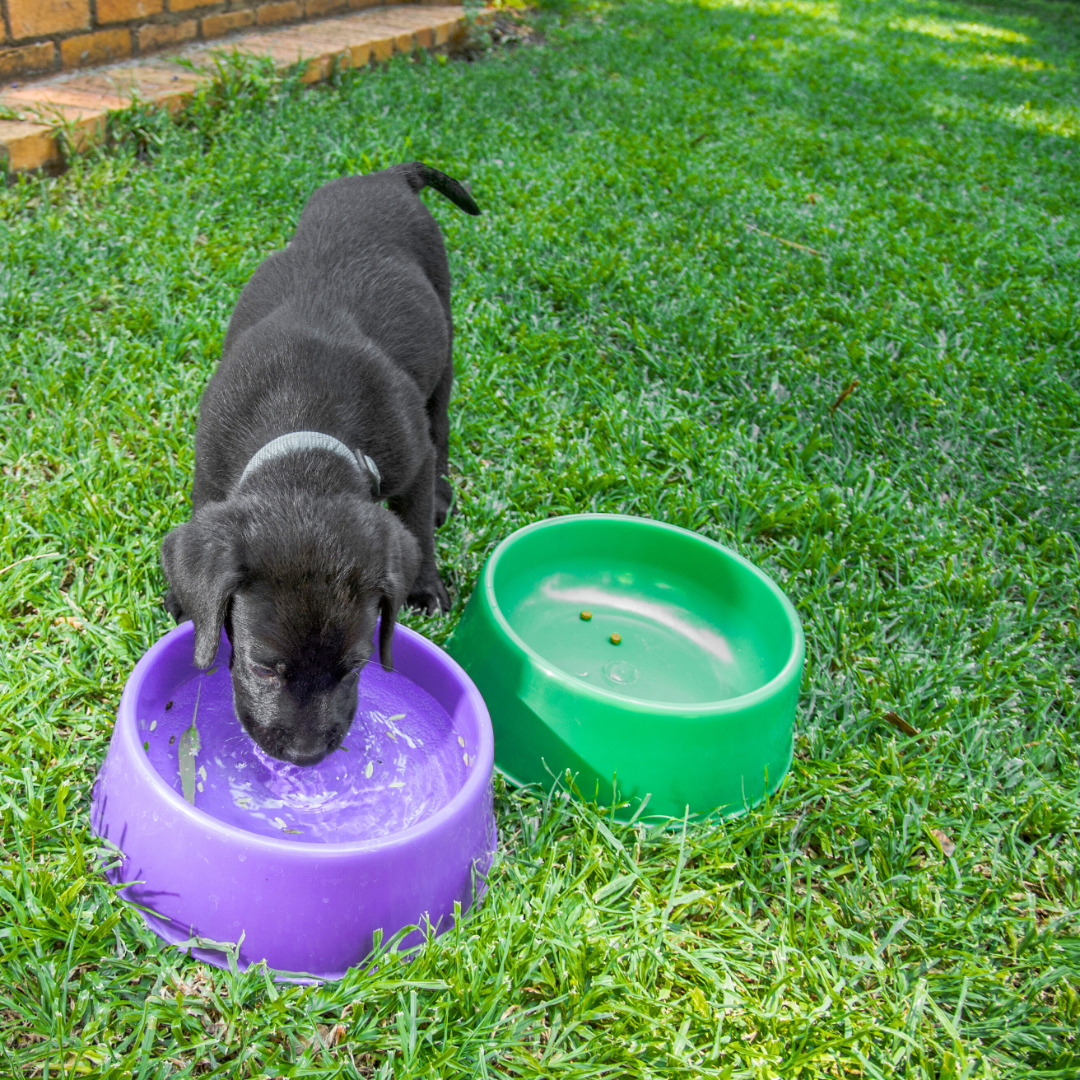
I had heard that argument before. I heard words of a similar sentiment thirteen years ago when my husband and I were pregnant with our first baby. We were overjoyed to welcome that new life, but two days after the positive pregnancy test, I miscarried. Someone told me, “You never should have taken the pregnancy test so soon. Then you wouldn’t have known and you wouldn’t have to feel this pain now.”
But there is a deep, inherent flaw in this kind of reasoning, despite the good intention behind it. That’s the nature of love: love hurts sometimes. Sometimes love hurts so much, it feels like it’s going to tear us apart. Maybe that’s part of Christ’s suffering on the Cross: His divine, perfect, surging love for each one us sinners pierced His Sacred Heart.
We had Uno for eight days: eight days of wet puppy kisses … eight days of a growing stick collection on the side of our yard … eight days of a wagging tail of excitement and affection. Uno loved us and we loved him. Wasn’t that worth it? Isn’t love always worth it?
Yes, my heart was broken when we lost our first baby. I still feel that hurt even today. But I embrace it because that hurt tells me it was real. That baby existed and was part of me, part of our family. And one day, God willing, we will meet that precious soul face to face.
God healed our Uno. Our puppy came home to us and we love him even more after realizing how close we came to losing him. Love makes us vulnerable: it opens our heart to disappointment, pain, hurt, and sadness. But it’s when we love that we’re most alive. The love we give and receive is a small reflection of God, Who is Love. God made our hearts to love.
Perhaps C.S. Lewis put it best:
To love at all is to be vulnerable. Love anything and your heart will be wrung and possibly broken. If you want to make sure of keeping it intact you must give it to no one, not even an animal. Wrap it carefully round with hobbies and little luxuries; avoid all entanglements. Lock it up safe in the casket or coffin of your selfishness. But in that casket, safe, dark, motionless, airless, it will change. It will not be broken; it will become unbreakable, impenetrable, irredeemable. To love is to be vulnerable. (C.S. Lewis, The Four Loves)
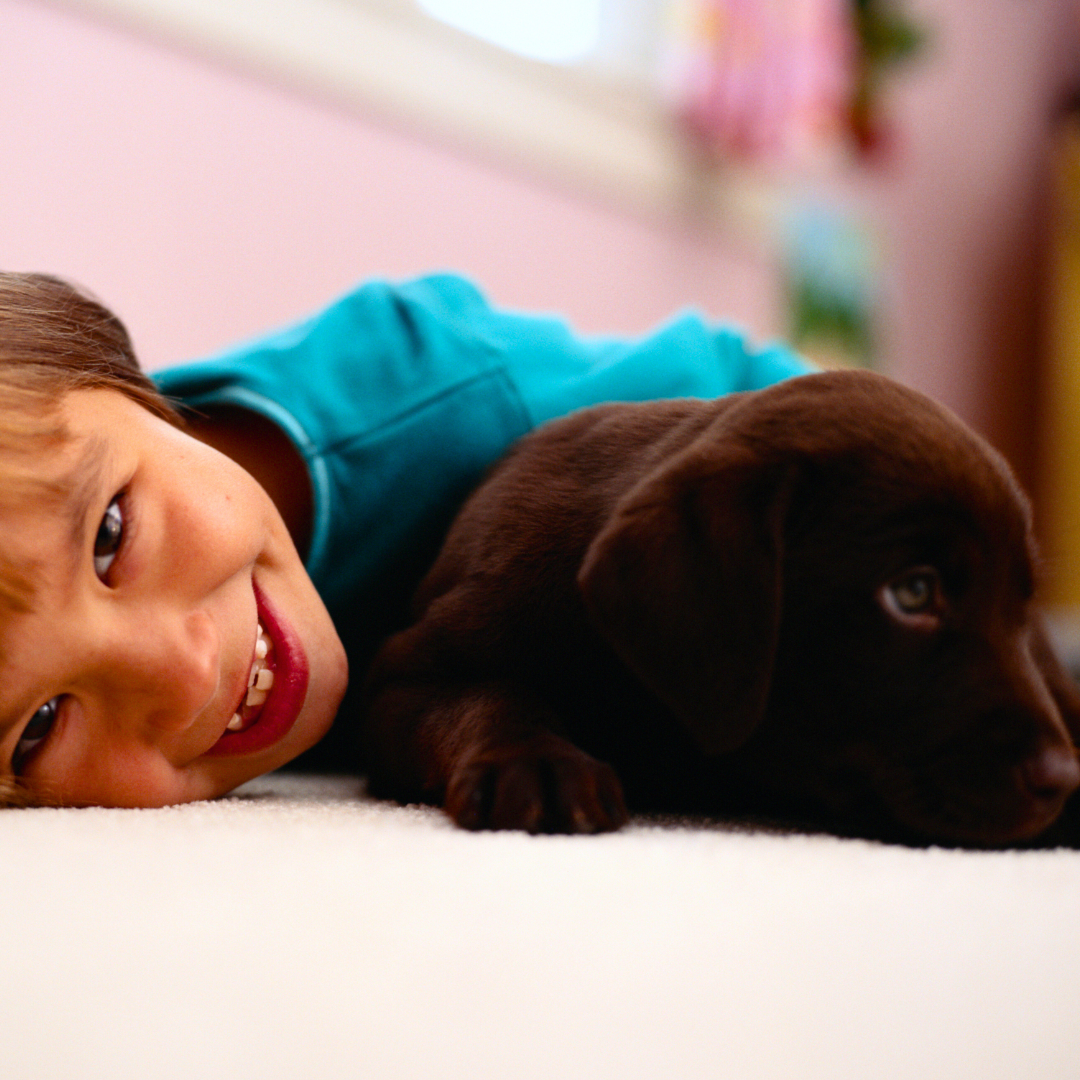
Copyright 2023 Cassandra Spellman
Images: Canva
About the Author
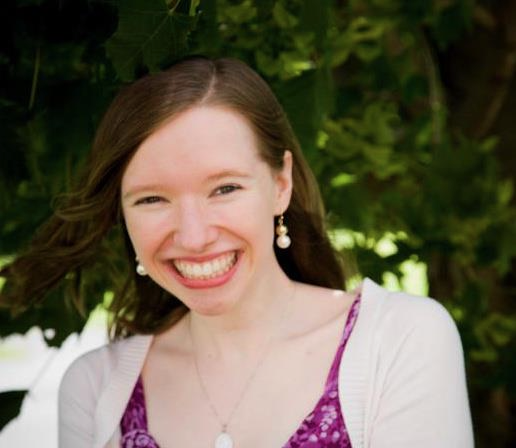
Cassandra Spellman
Cassandra Spellman is grateful to God for the gift of her Catholic faith and her vocation as wife and mother. She and her husband wrote The Shadows of Freedom series, a Christian dystopian trilogy. They blog about faith, marriage, philosophy, and literature at SpellmanBooks.com.


.png?width=1806&height=731&name=CatholicMom_hcfm_logo1_pos_871c_2728c%20(002).png)
Comments